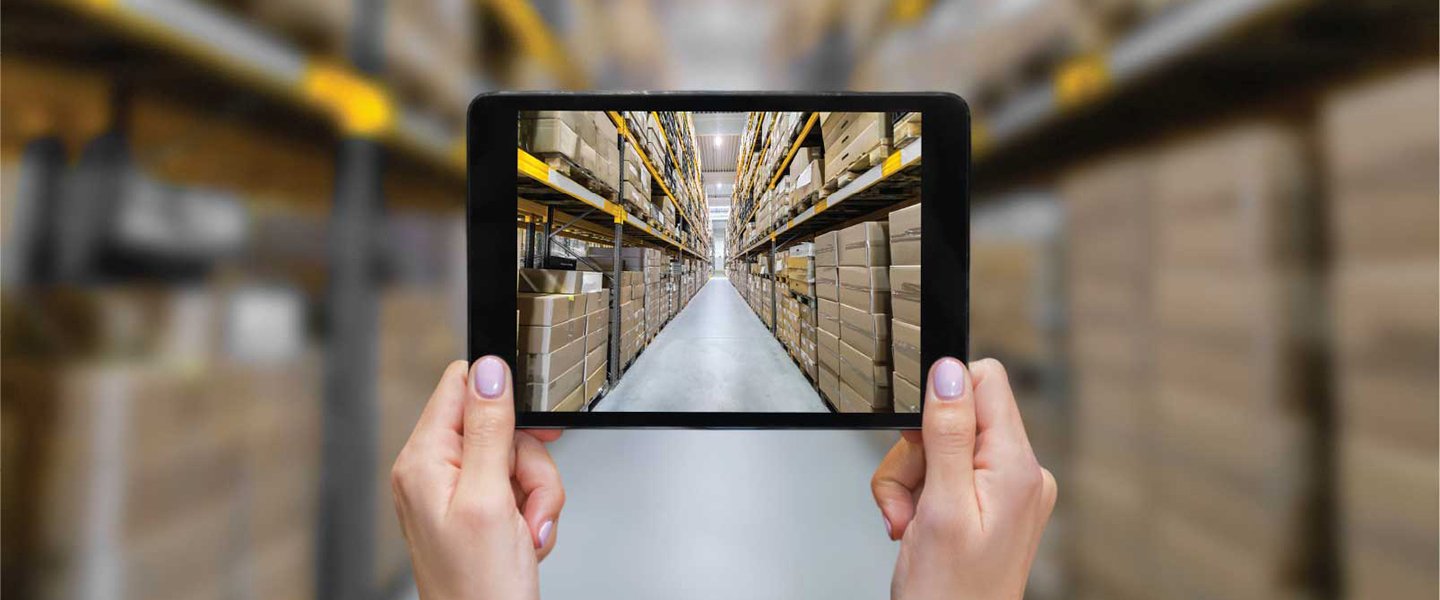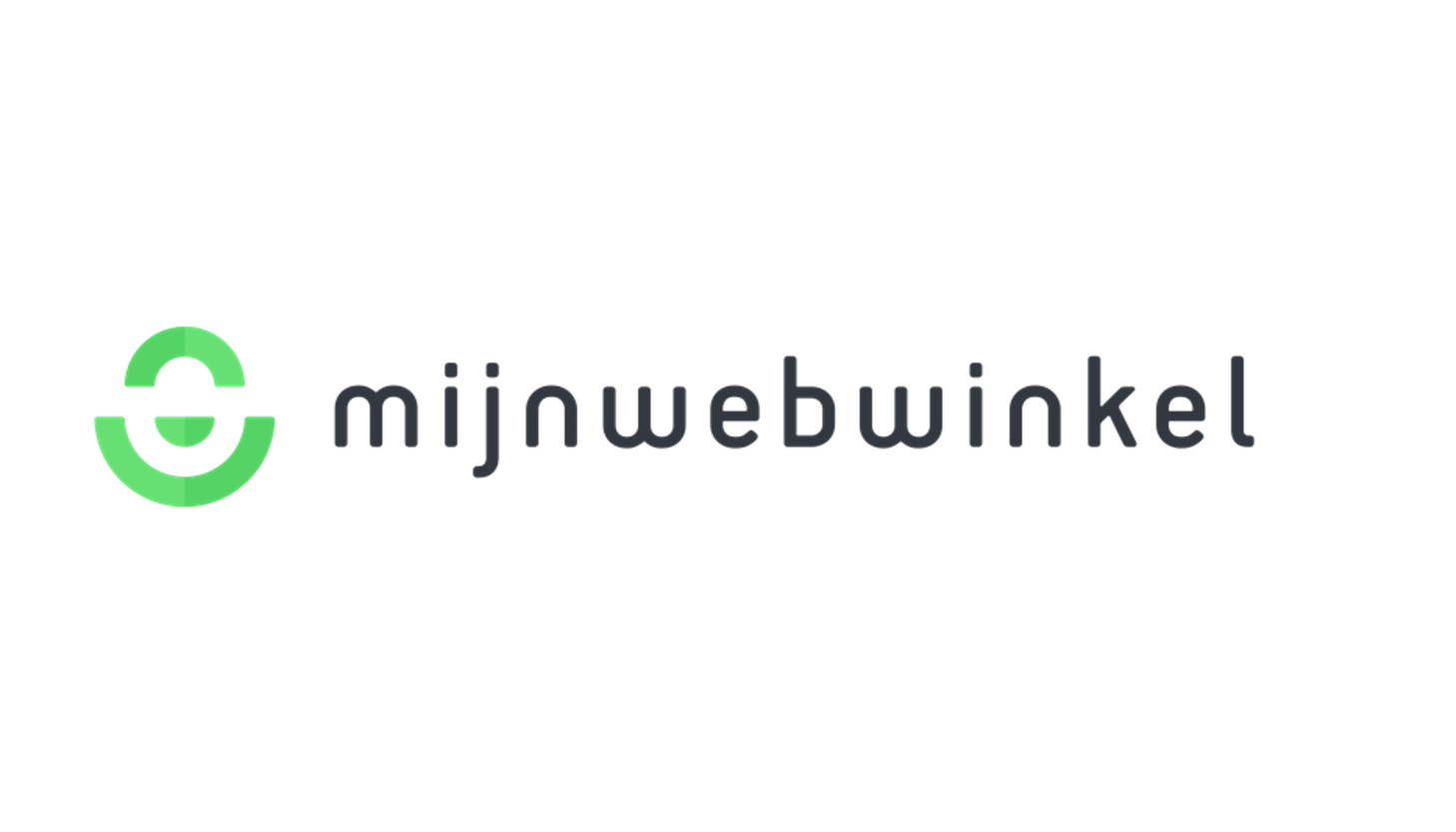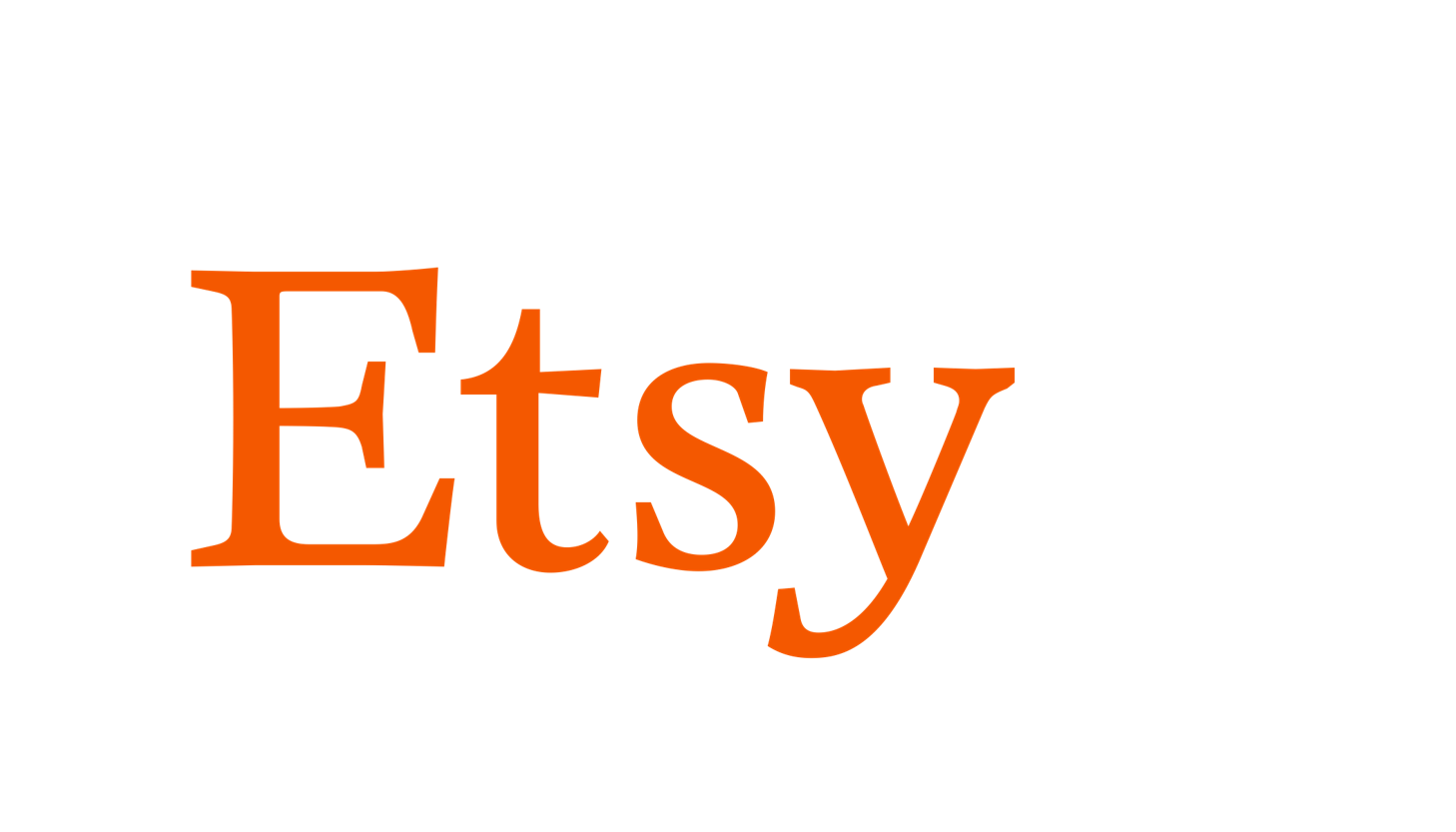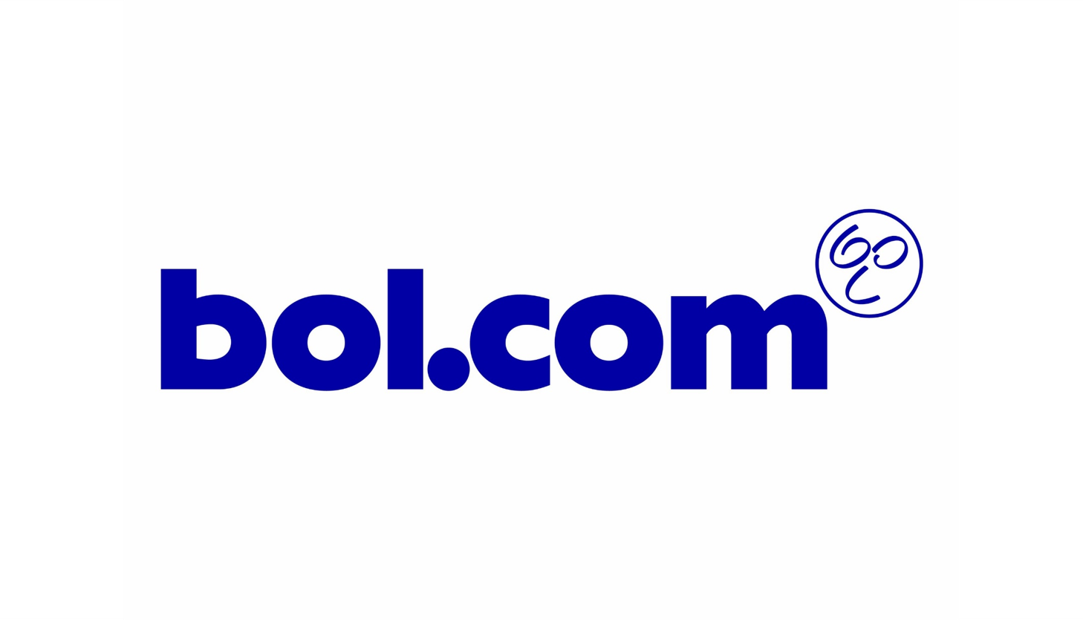Next level shipment from your webshop
Has a new order arrived via Mijnwebwinkel? Then carry on doing what you were doing, because the shipping labels will roll out of your printer automatically. With one simple click. The track-and-trace notification is also automatically passed on to Mijnwebwinkel and it is stated on the shipping confirmation sent to your customer. We are constantly extending the range of useful features to this official DHL plug-in.
Title
Turning printing into sprinting
Sending parcel has never been this easy. Save a lot of time in the shipping process by not generating shipping labels manually, but by printing them automatically instead. You can also print the packing slip together with the label. Ready, steady, send!
Title
An overview of your shipments
Label printed? Thanks to the DHL plug-in, the track-and-trace notification automatically appears in your sales account and in the shipping confirmation that gets sent to the recipient. We report every step of the delivery, so your customers can follow every step of their order.
Title
Delivered the way you want it
DHL Today, signature on delivery, an 18+ check or a reference on the label: you decide which extra delivery services appear on the shipping label. You can set these options as standard for all orders and adjust them for each shipment. That is how flexible shipping can be.

Your DHL eCommerce account
To use our Mijnwebwinkel plug-in, you will need a DHL eCommerce business account. Registration is very easy and free. Sign up, receive your login details straight away, and optimize your shipping process today.
Headline
Link your plug-in
Title
Get started quickly with My DHL Portal
Link the Mijnwebwinkel plug-in with just two clicks to your DHL business account to automate your shipment process and save time with every order.
Title
Step 1
Log in to your account on Mijnwebwinkel. Retrieve your API key from the settings menu, under the “Add-ons & Modules” tab. Select “Integrations” and “API Partners” and generate a token.
Title
Step 2
Log in to the online My DHL Portal shipping service. Link the Mijnwebwinkel plug-in to your webshop via the “Links” tab in the settings menu.
Title
Step 3
Configure your preferences and shipping options in My DHL Portal. That’s how you get labels to roll out of your printer exactly the way you want them.

Have you already linked our free plug-in for Mijnwebwinkel to your web shop? Using this platform will make the shipping process even easier for sellers. Not only will you save time by automatically sending shipping labels to your printer, track-and-trace notifications will automatically be passed on to your customers. Plug, play and go!



